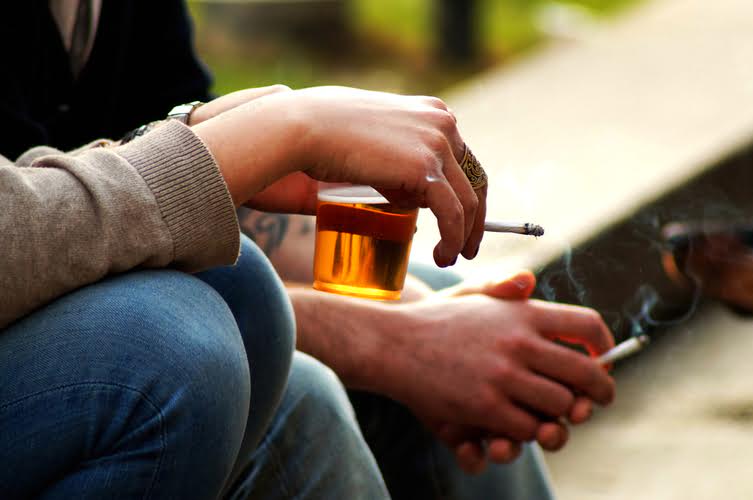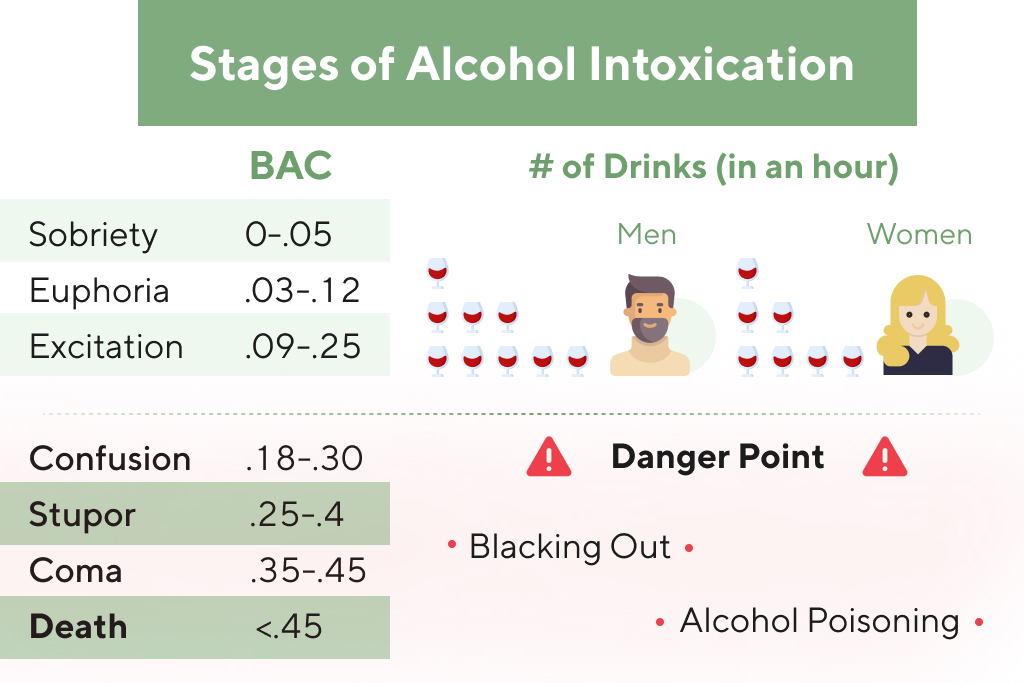Even if you believe your partner is more important than any substance, your actions will likely prove otherwise if you have alcohol use disorder. Heavy drinking affects the mind and body, and the one struggling is often the last to recognize the damage’s extent. Participating in support group meetings helps reinforce positive behaviors and offers a platform to share experiences and solutions. Building a strong support network reassures that the recovery journey is not a solitary path, enabling both personal growth and relationship repair. Recovery is a journey that often involves both professional help and a strong support network. Each path plays a crucial role in healing and building healthy relationships.
#7. You Drink to Feel Happy
Family members can encourage the individual to attend therapy, counseling, or a rehabilitation program, emphasizing the benefits of a structured treatment plan. Addiction can lead to financial abuse, as the person struggling with substance use may drain family resources to support their habit. This can involve stealing from family members, misusing shared funds, or coercing others to provide financial support. Recognizing these effects and https://197na.com/author/197na/ providing support through counseling, therapy, and positive role models can make a vital difference in helping them develop resilience and healthy coping skills. While these roles may offer temporary ways of managing stress, they can lead to unhealthy dynamics that perpetuate the effects of addiction.

Trust Issues and Alcohol Consumption
DUI arrests or other alcohol-related offenses create additional strain on relationships, leading to further breakdowns in family dynamics. The drinking partner might be emotionally unavailable or physically absent, leading to loneliness for the non-drinking partner. Substance abuse often leads to neglect of responsibilities, causing more stress and arguments. Trust and intimacy get compromised, making it hard to maintain a healthy relationship.
Establishing Healthy Boundaries

Effective treatments are available, and your provider can advise on next steps. Your provider can prescribe medications that can help people stop drinking and help with symptoms of alcohol withdrawal. They can also recommend treatment programs that may help with detox and recovery. To address conflicts related to alcohol use, establishing healthy boundaries and seeking professional help can be essential steps in creating a safe and supportive environment.
Impact on Children
If excess drinking continues to progress, you risk moving to severe alcohol use disorder, which can lead to alcohol dependence or alcoholism. Being able to identify the types of alcohol problems will help you have a better understanding of your relationship with drinking. Separate from alcoholism or alcohol dependence, alcohol use disorder is characterized by problem drinking that becomes severe, eventually leading to https://knitgid.ru/fr/strashnyi-sud—chto-budet-s-greshnikami-posle-strashnogo-suda/ adverse social, occupational, or health consequences. Hiding your drinking from a loved one is a common sign that your habits have become unhealthy. One example of this is if you claim to be partaking in certain activities, like working overtime or meeting friends, instead of sharing that you stopped at the bar on the way home. Being dishonest with your partner can fuel a sense of distrust, and lead to other unhealthy habits in your relationship.

This is because persons who misuse alcohol are more likely to prioritize their own demands for alcohol over those of their partner. Broken promises, dishonesty, and unpredictable behavior are all things that may be caused by excessive drinking, all of which can be detrimental to the trust and reliability that are necessary for a successful and stable relationship. When drinking becomes the focal point of every activity, alcohol addiction is a concern. Trust is essential for a healthy and functioning relationship and can be challenging to repair once damaged.
How Are Alcoholism and Relationships Connected?
- Learning more about how alcohol can affect your relationship is already an incredible step to be proud of.
- Establishing boundaries is crucial for protecting both the well-being of the family and the individual affected by addiction.
- This knowledge allows families to better understand the emotional and psychological challenges their loved one may be facing.
- If you are struggling with alcoholism and infidelity, it’s always encouraged that you seek help with therapy and counseling.
- While there exist myriad risk factors for IPA perpetration (for a review, see Capaldi, Knoble, Shortt, & Kim, 2012), alcohol use is among the most robust.
- Below, we offer seven signs that may indicate you and/or your partner’s drinking has become unhealthy.
Given the interdependent nature of dyadic behavior, one might reasonably wonder how relationship conflicts are impacted when one or both members of a couple becomes intoxicated? Overall, relatively few studies have utilized a dyadic approach to understanding alcohol-facilitated IPA. The authors indicated that intoxicated dyads exhibited more initial and sustained TAP aggression relative to sober dyads. Leonard (1984) noted that the high level of aggression among intoxicated dyads appeared to be determined by the high level of aggression established early in the interaction, which was then subject to further escalation over time.

Abusing alcohol can change you as a person
Children and young adults in families affected by substance abuse often face unique and long-lasting challenges that can disrupt their emotional, social, and psychological development. Growing up in an environment where addiction is present can lead to a range of adverse effects, from behavioral issues to mental health struggles. In conclusion, alcohol’s impact on relationships is complex and multifaceted. It can affect communication, emotional intimacy, conflict resolution, behavior and dynamics, as well as trust and infidelity. Recognizing these effects and actively working to address them is essential for https://www.rusmoney.com/dictionary/engrus_slovar.html?dic_tid=2494 maintaining healthy and fulfilling relationships. Setting clear and healthy boundaries is essential when dealing with alcohol abuse.
Constant Emotional Stress
In this section, we explore five key ways in which alcohol influences life and everything around relationships. Regardless of whether the person is high-functioning, alcohol addiction is a severe disease. Getting professional help is the best way to combat addiction’s mental, emotional, physical and social problems.
